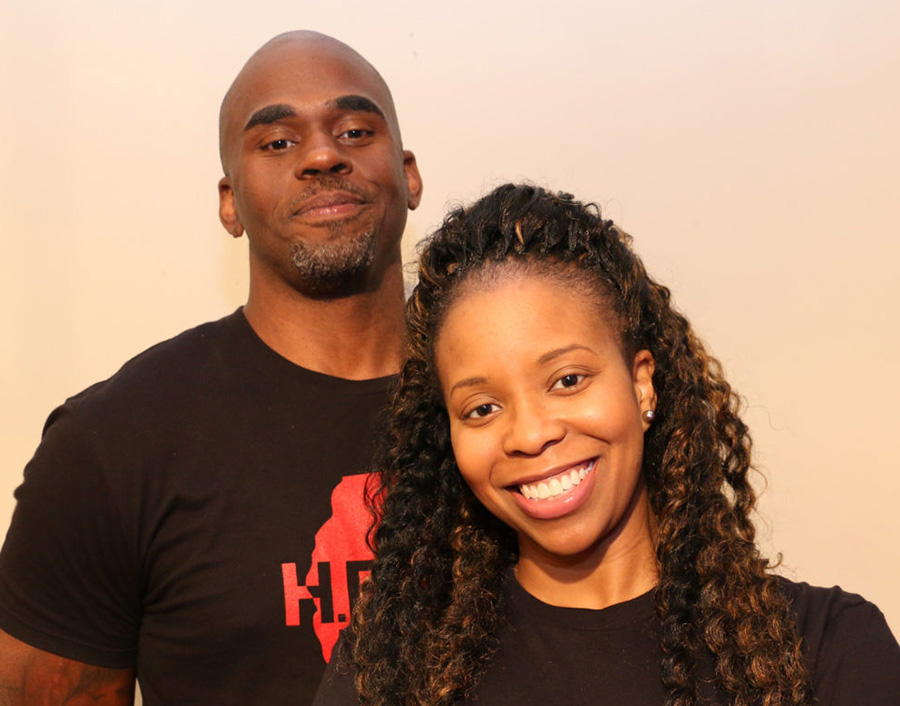By CHRIS FIELDS
If you happened to pass by two people arguing passionately over something minor, such as whether to stop at a yellow light or speed up to get through before it turns red, would you say, “Look at these two fools,” or “Look at this wise person and this foolish person?” Most would think, “Look at these two fools.”
I’ve been taught via experience that wise people don’t argue with fools (this may be why my wife never argues with me). When you engage with a fool, you often take on their character. The Bible teaches us that in Proverbs 26:4, saying, “Answer not a fool according to his folly, lest you be like him yourself.” Yet how often do we find ourselves engaging in foolish banter?
I would suggest the same is true for foolish behavior and not just banter. If we see those same two people escalate their argument and engage in a physical altercation, we don’t think, “Look at the wise person now fighting with the foolish person,” do we? I don’t think so, because when the cops show up, they arrest both people, not just one.
There is a natural pattern of all behaviors, whether good or bad. It’s called the ABC, or Antecedent, Behavior and Consequence. Something logically always precedes a behavior, which then draws consequences, and this is true in our spiritual wellness as well as our physical wellness. Changing the antecedent normally changes the behavior, and more importantly, the information we engage in can dictate the antecedent, resulting in favorable behavior spiritually and physically, reaping rewards and benefits as opposed to consequences.
A lot of times when we see the need for change and make the decision to change, we take on other people’s experiences and adopt their efforts. We assume, “If it worked for them, it would work for me,” only to be let down in the end for not achieving a desired outcome; then we repeat the cycle with someone else’s experience, and we often give up along the way.
What we all should understand is when we set out to make changes, particularly as it relates to healthy living, the principles are the same, but the details are different for everyone. The principles of physical activity and exercise are the same. We need them; that’s the principle. The details are different.
For example, how much you need, what type you need, how often you need it, the limitations you may have to it, how your body responds to it, how quickly your body responds externally and internally, what your goals are, what your needs are, what your likes are, and so on.
The same is true for nutrition. “Eat right” is the principle, but what that looks like is different for each person. How our body converts food to energy is different, how much we need and when we need it are all different.
Reducing stress is another principle. Stress plays a major part in how our body processes energy, particularly when we are inactive, and the amount of stress people allow is different. People’s cortisol (stress hormone) levels are different, which effects how your body processes energy and how much exercise you need. Higher cortisol levels also may require more exercise and physical activity to achieve a desired outcome because of the chemical and hormonal reaction that exercise invokes.
In order to adopt the right healthy behaviors for you, you must understand both the principles and the details as they pertain to you. Following fad diets, social media personalities, a friend’s unprofessional unproven advice, or even the advice of a health or medical professional who’s acting outside of their area of expertise, is like a fool engaging with a fool in a physical (or mental) altercation.
Misinformation is easily accessible. It’s normally a fingertip, swipe, phone call or text away. Being mindful of the information we allow to inform our decisions is an important process of healthy behavior. Either we can reap rewards and benefits from our decisions, or we can deal with the consequences of uninformed or misinformed decisions. One is an easier process, but it’s like a lot of our moms used to say: “If it’s too easy, it ain’t worth it.” Remember Proverbs 26:4.
Chris Fields is the founder and executive director of H.E.A.L. Mississippi and a graduate in kinesiology with advanced studies in nutrition. He serves as a clinical exercise physiologist/CPT and is credentialed in Exercise Is Medicine through American College of Sports Medicine.


